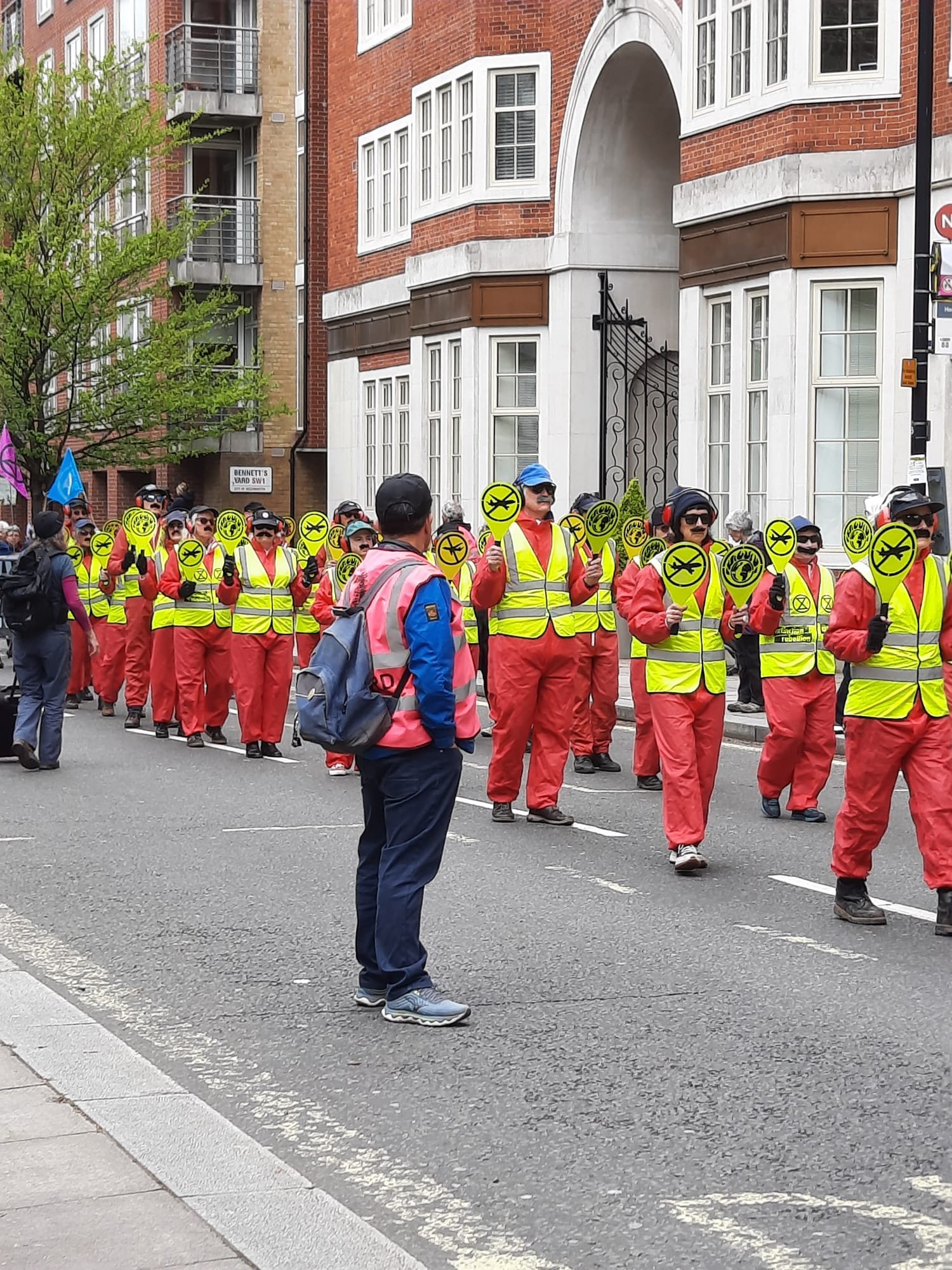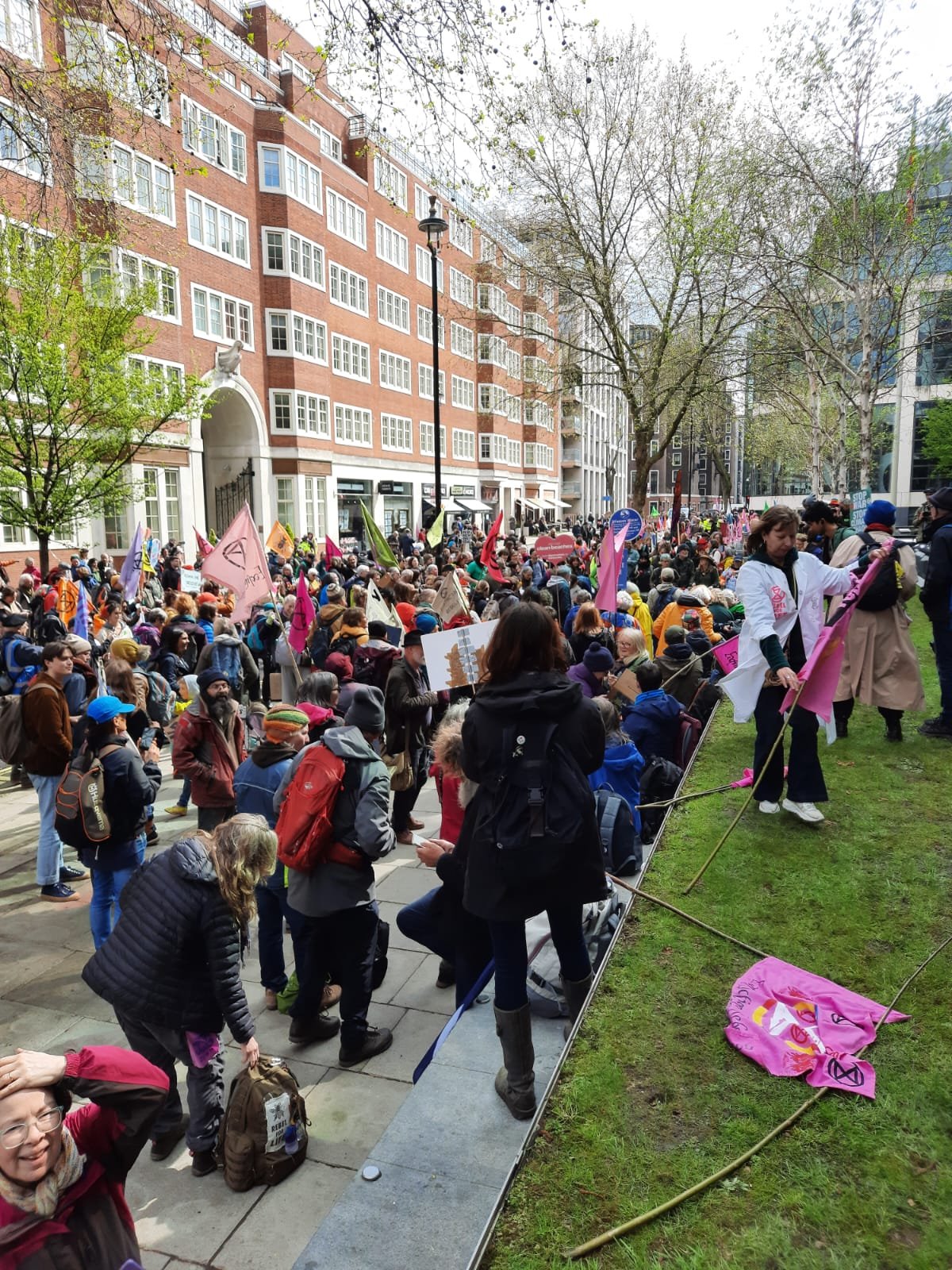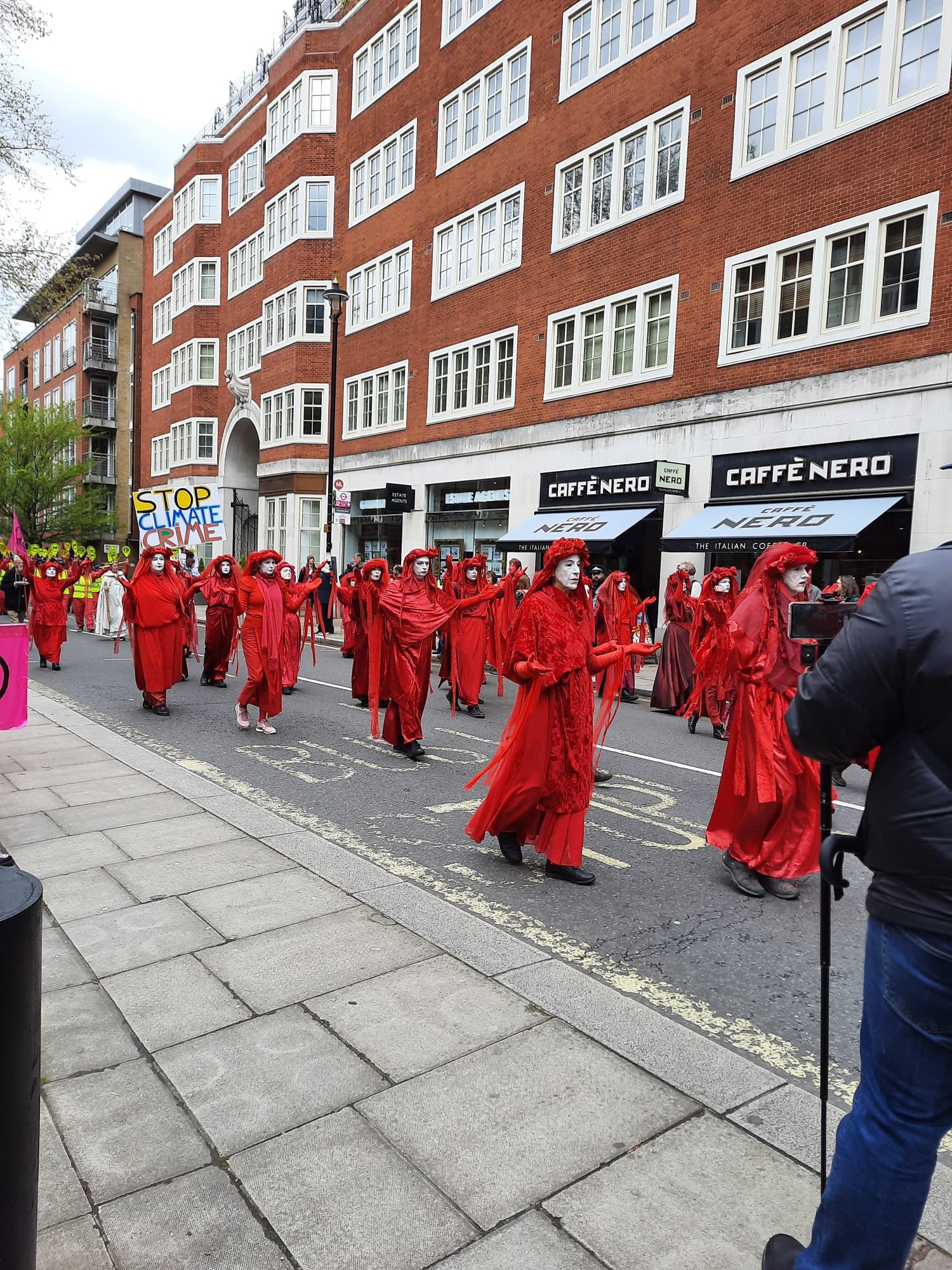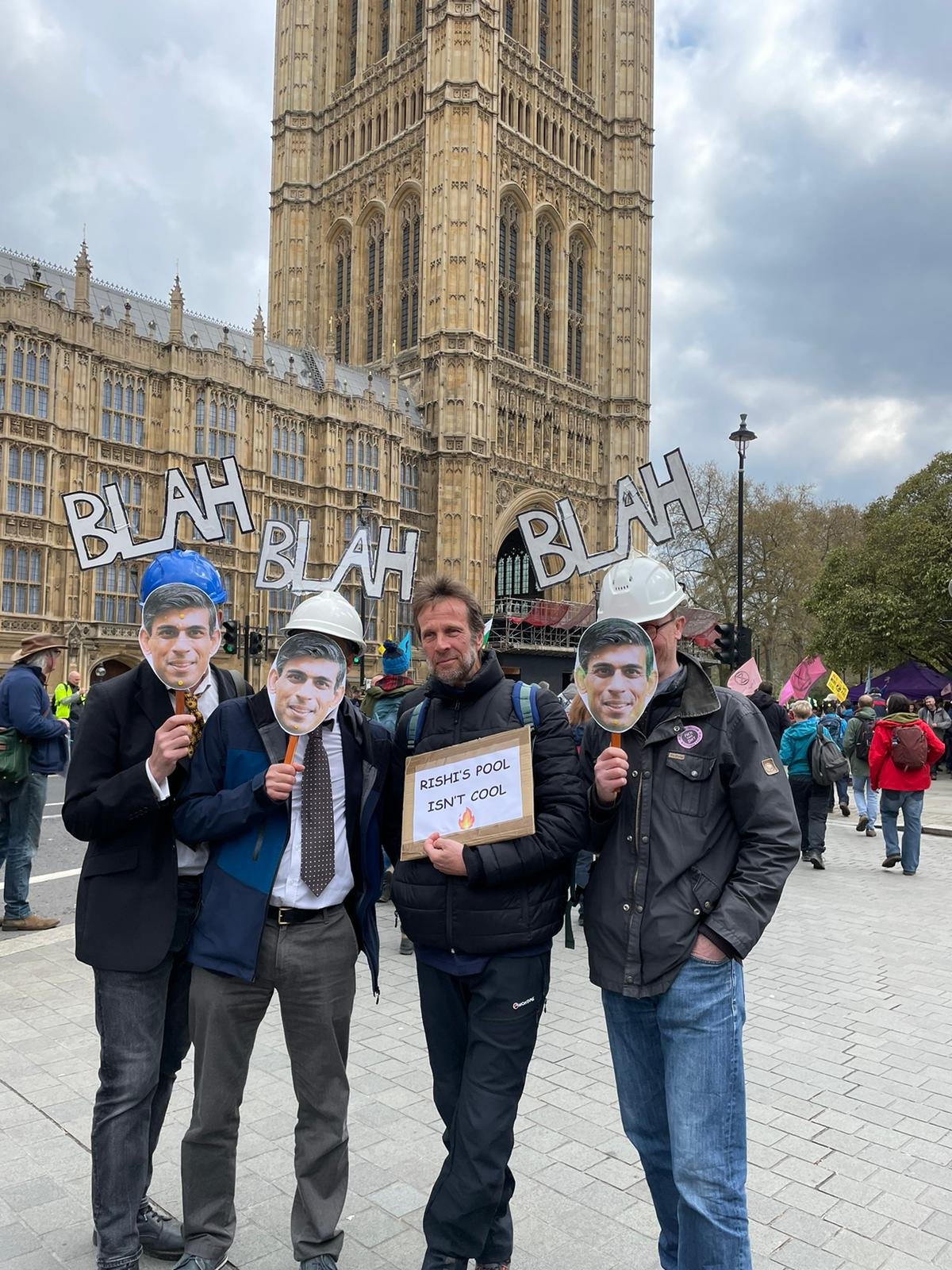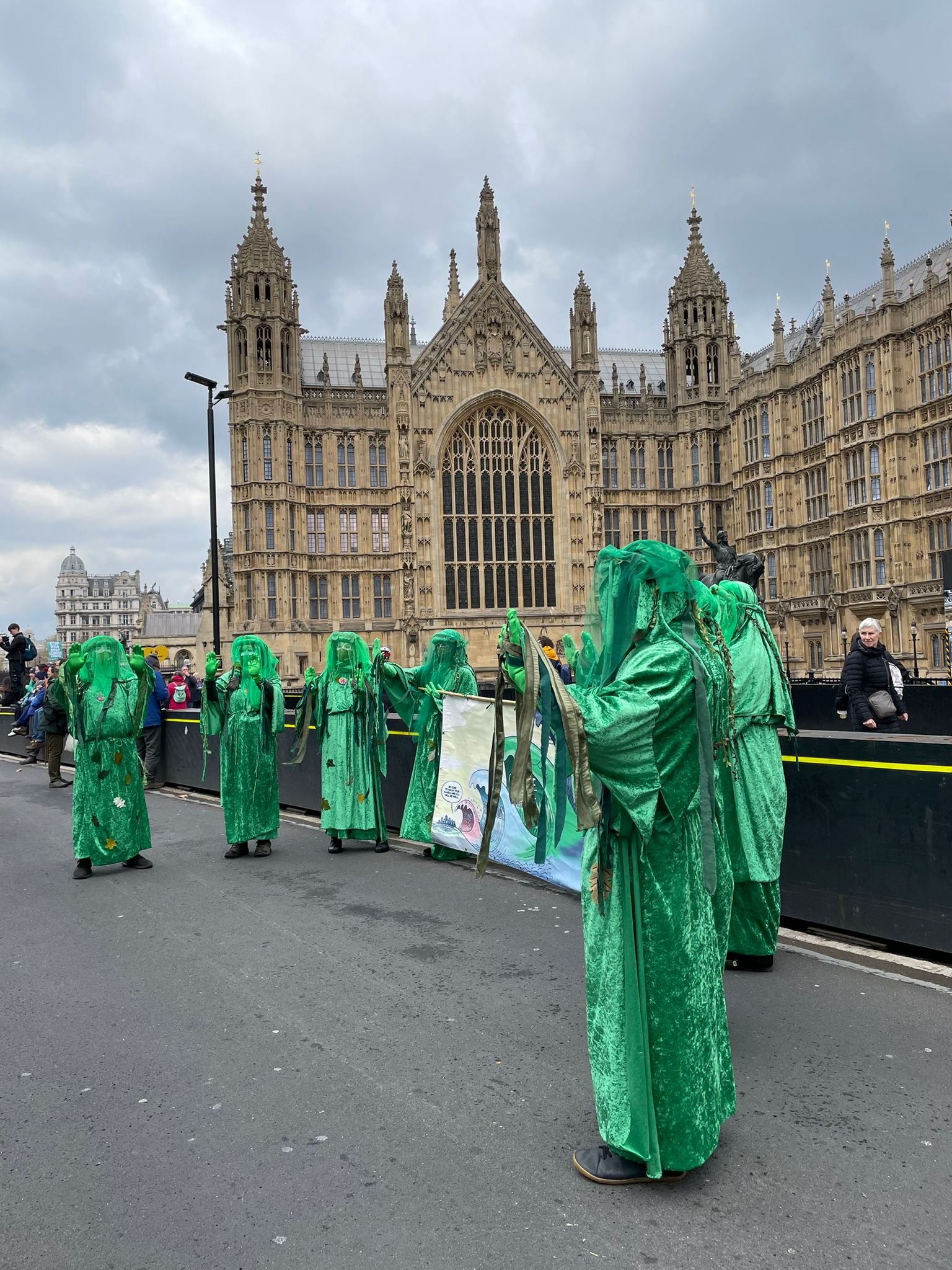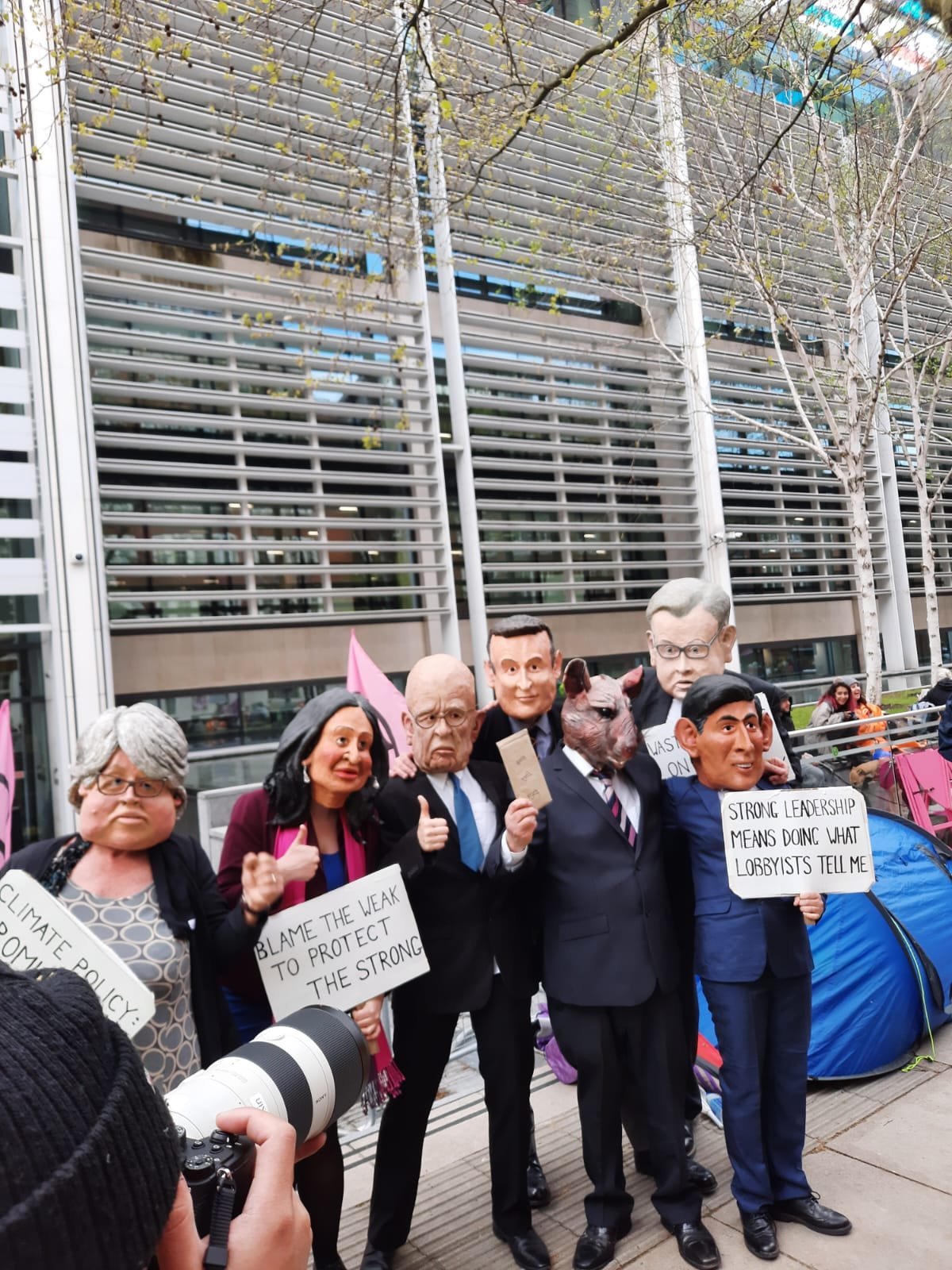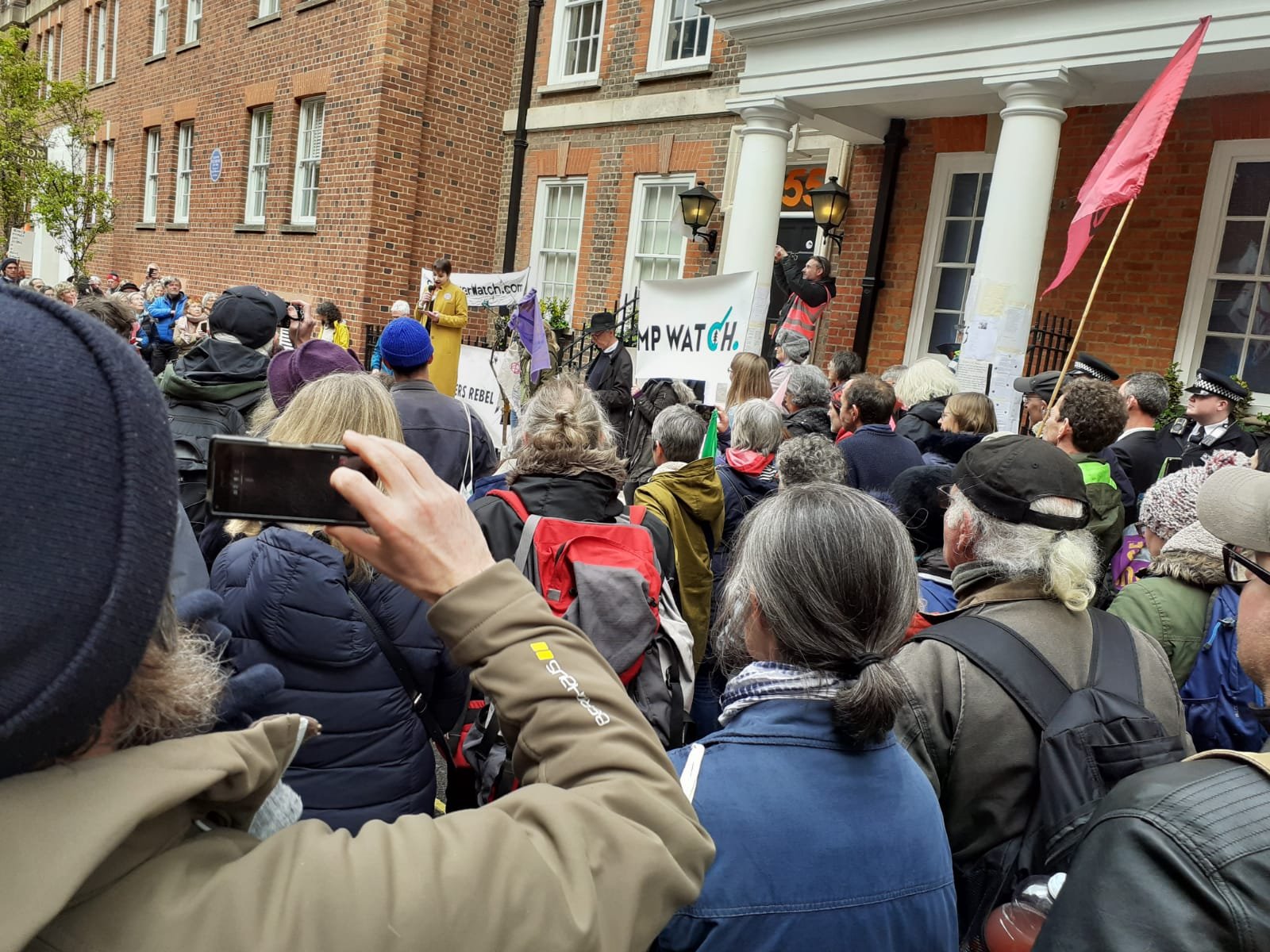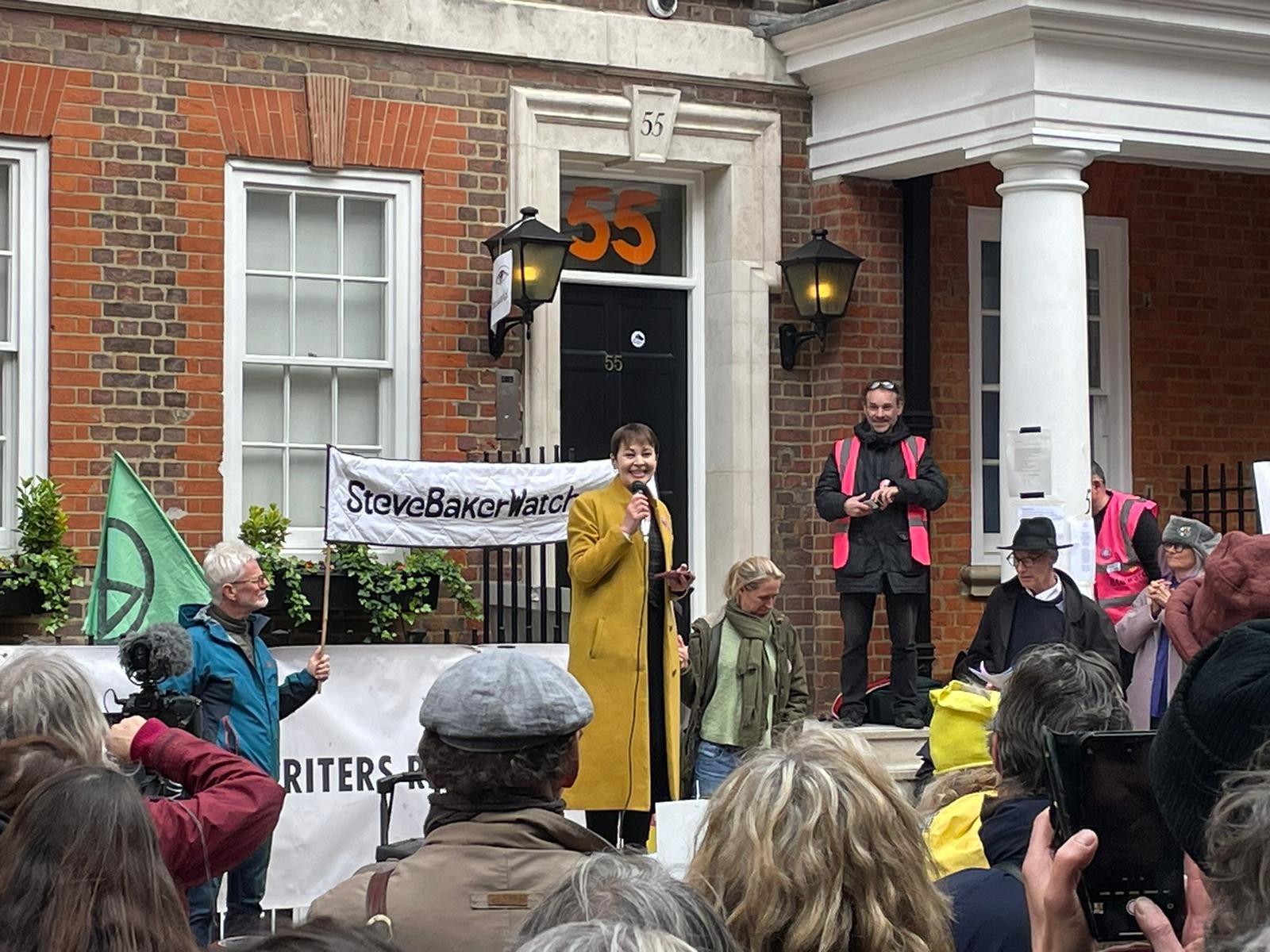There are 533 thousand members of the subreddit r/collapse, enough to make it the subject of a recent Guardian story. Moderated by a “mixture of neuroscientists, environmental scientists, chemical engineers, government auditors and history teachers,” most of the members are people like me – ordinary folks who, for whatever reason, follow the story of what people are now calling the “polycrisis” – the coming together over the past few decades of climate change, AI acceleration, pandemic risk, rising inequality, ecological breakdown, political incompetence and…need I go on?
It's scary and depressing stuff. Following the passage of Trump’s “Great Big Beautiful Bill,” which slashes clean-energy tax incentives and boosts fossil-fuel subsidies (while cutting Medicaid and food assistance programmes for millions of Americans), some scientists have begun to declare “game over.” Canadian scientist and broadcaster David Suzuki (Canada’s David Attenborough), for example, had this to say this week:
“I’ve never said this before to the media, but it’s too late. I say that because I go by science and Johan Rockström, the Swedish scientist who heads the Potsdam Institute, has defined nine planetary boundaries. These are constraints on how we live. As long as humans, like any other animal, live within those nine constraints, we can do it forever, and that includes the amount of carbon in the atmosphere, the pH of the oceans, the amount of available fresh water, the nitrogen cycle, etc. There are nine planetary boundaries and we’ve only dealt with one of them — the ozone layer — and we think we’ve saved ourselves from that threat. But we passed the seventh boundary this year, and we’re in the extreme danger zone. Rockström says we have five years to get out of the danger zone.…And, if you look at those boundaries, like the amount of carbon in the atmosphere, we’ve had 28 COP meetings on climate change and we haven’t been able to cap emissions. We’re on our way to more than a three-degree temperature rise…”
Lately, I’ve been binging on the American zombie apocalypse TV show, The Walking Dead. Debuting in 2010, and lasting 11 seasons under its original title, the show, set primarily in rural Georgia (the US state), follows a group of survivors negotiating a world in which civilisation has completely broken down. No one is in charge, no supply lines exist, food and fuel must be scavenged from zombie infested houses and shops. The show, in its dramatic way, raises questions which prey on my mind a lot, both as they address the lived experience of people now and the experiences I fear for us all in the future: How – and why – do people find the strength to carry on in the face of loss, scarcity, sadness and uncertainty? Is it possible to still live with joy and love? What is the job of those who take on leadership roles? Reassurance… or Honesty? Innovation… or Sticking to the road? Control… or Cooperation?
Unlike some other apocalyptic fictions, such as the harrowing book and film The Road, which focus on an individual’s journey through disaster, Walking Dead is very much about communities and the different ways people respond together - it’s this that keeps me gripped. The central “family” – led by British actor Andrew Lincoln, with a passable Southern accent – meets groups which have descended into cannibalism, groups led by sadistic psychopaths out for their own gain, groups living out bizarre fantasies of communion with the undead. But it also meets a resilient eco community, a feudalistic agricultural community on a historic plantation, and a group led by a benevolent “king” with his own tame tiger. Survival is the first priority of almost everyone they meet, but overarching that - for the central characters at any rate - is the quest to maintain their humanity. There has to be something to survive for, they say over and over again.
The Walking Dead is a traumatic and violent watch which I don’t recommend to everyone. It’s not scientific and it simplifies issues in a way that will turn some off. It says unpalatable things about human nature. Many times I’ve felt profoundly sad after watching it. But it’s a fiction, so I find it a less agonising watch then, say, the news from Gaza or Sudan, Antarctica or the Amazon. And in some ways, I find it uplifting. When the group, even briefly, finds what it is looking for – safety, food, time with loved ones, peace, the beauty of nature – it feels so good. It reminds me that those things are all I need for happiness.
The collapse today’s “doomers” envisage is unlikely to be as sudden as the catastrophe that afflicts The Walking Dead’s characters. Most people talk about an increasing “enshittification” of life, likely to proceed unevenly across nations, geographies, and socio-economic groups over decades. Some degree of it, I agree with Suzuki, is no longer preventable – in fact we are in it already. To prevent it becoming eventually apocalyptic – which 3 degrees of warming would be - we would have to stop emitting CO2 and stop destroying the natural carbon sinks (healthy soils, oceans and forests) which reabsorb carbon dioxide, and start radically repairing them, now, today, everywhere. There are many people trying to do this. Many more are needed. Whether we can succeed remains to be seen.
In the meantime, I find inspiration and energy in thinking about alternatives to enshittification. I remember the positivity at the Cambridge Carbon Footprint AGM last month - their Repair Cafés, Open Eco Homes and Imaginarium projects are blowing up around the region (they need more volunteers). I remember the excitement of the young engineer explaining Grantchester’s proposed Heat Network project to me at their recent open day (it could supply every home in Grantchester with zero carbon, zero maintenance heat based on shared heat pump/solar and wind energy). I walk around our village and our city and see the many spaces embracing a “Let it Grow” ethos – and the many more butterflies, beetles and bees thriving as a result. And I find hope in knowing that the future is still there to be written, by us, by what we choose to do. In the words of one of my favourite authors, Ursula K. LeGuin:
“Hard times are coming, when we’ll be wanting the voices of writers who can see alternatives to how we live now, can see through our fear-stricken society and its obsessive technologies to other ways of being, and even imagine real grounds for hope. We’ll need writers who can remember freedom — poets, visionaries — realists of a larger reality.”
Wellhouse meadow bonfire area, June 2025





